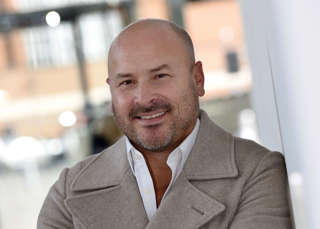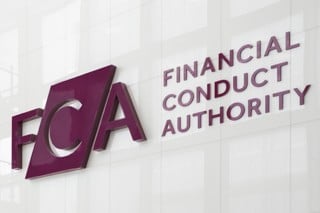Bank of England governor Andrew Bailey has said the UK is likely to experience “weak activity over quite a prolonged period” despite optimism prompted by falling inflation and lower energy prices.
Data published this week showed that inflation declined to 10.5% in December in signs of an easing of the cost-of-living crisis ahead of earlier BoE forecasts of a rapid fall from this spring.
Quoted in the Western Mail newspaper Bailey said that a fall in wholesale energy costs had yet to influence the inflation data, giving further grounds for a more positive outlook, adding: “It does mean there is more optimism now that we are sort of going to get through the next year with an easier path.”
However, he said that a long, shallow recession with a pattern of “weak activity over quite a prolonged period” remained the most likely scenario for the UK recession.
And he gave no indication that the BoE might be tempted to ease back on interest rates following the 0.5ppt increase to 3.5% last month.
Earlier this week MotorVise managing director Fraser Brown suggested that consumer confidence will “return by late spring”, with interest rates beginning to fall as “gloomy media forecasts regarding the UK economy start to dissipate”.
Brown even suggested that a strengthening pound could prompt OEMs to divert new car production to the UK market – boosting franchised retailer’s volume prospects.
But the Financial Time reported that traders are currently betting the MPC will continue raising rates to a peak of 4.5% by the summer.
In his interview Bailey also highlighted pressures in the UK labour market that have been fuelling wage growth and could lead inflation to remain above the BoE target of 2% for longer than elsewhere.
“The labour market remains very competitive and that has been influencing pay negotiations,” he said.




















Login to comment
Comments
No comments have been made yet.